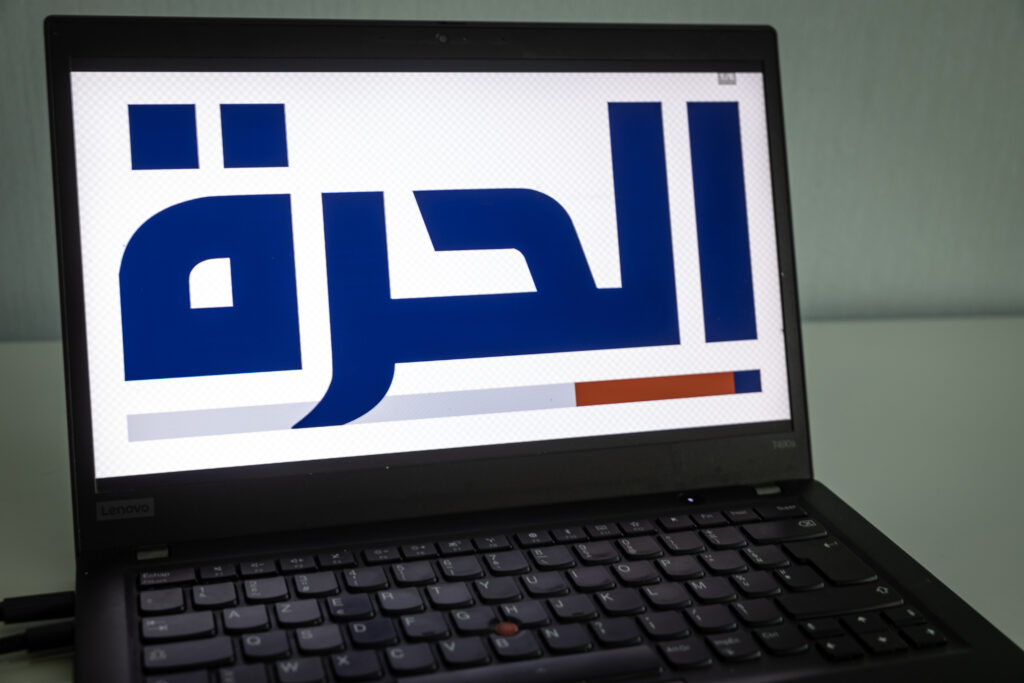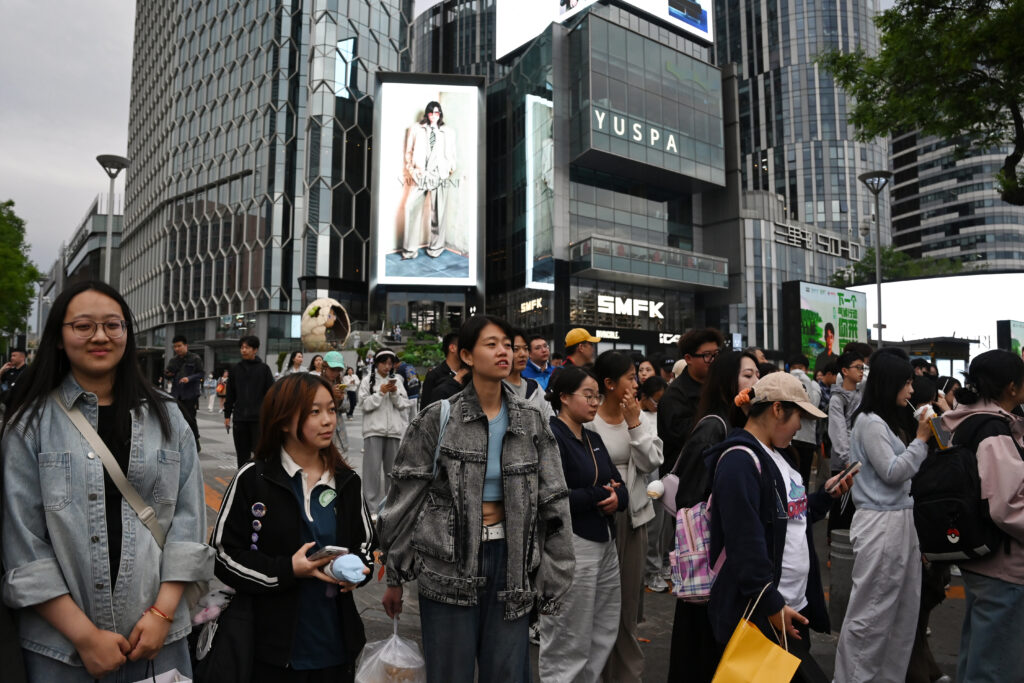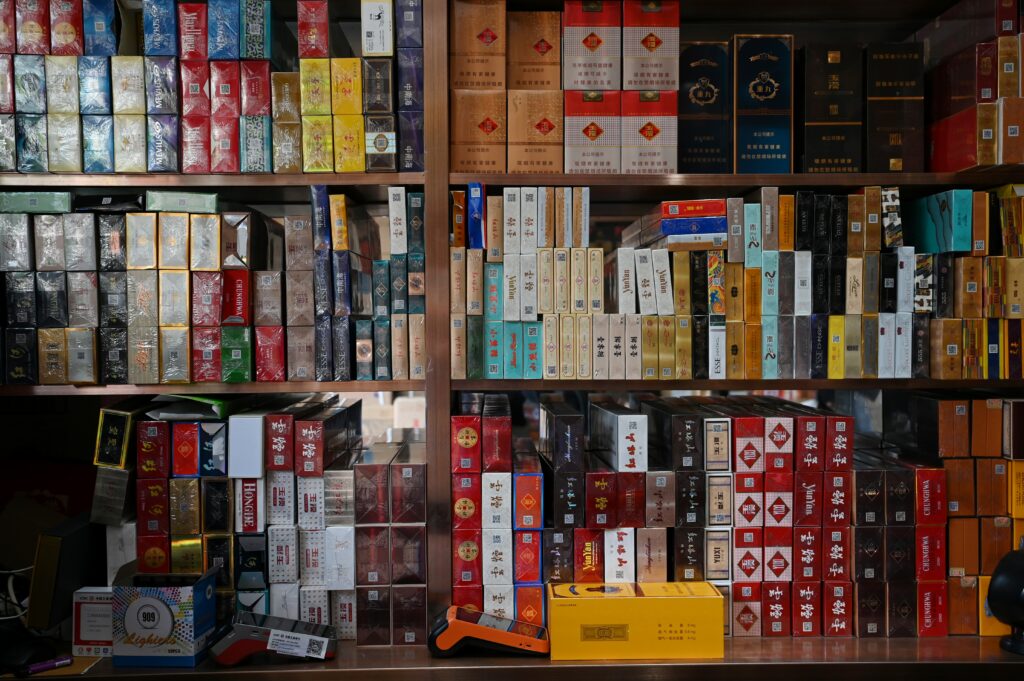AFP Asia Business
Hit by Trump cuts, journalists at Dubai-based US channel face uncertain future
Sara, a Dubai-based journalist, joined the US-funded Alhurra TV news channel hoping for job security. But after it abruptly stopped broadcasting and fired most staff, she’s wondering how to make ends meet.Alhurra, the only Arabic-language US station in a region where anti-American feeling is common, went off-air last month, hit by widespread cuts under President Donald Trump.The station, which has struggled to compete in a crowded market that includes Qatar’s Al Jazeera, had already sacked 25 percent of its workforce after budget cuts last September.It is also out of kilter with Trump, a frequent critic of traditional media who will visit the United Arab Emirates and other Gulf monarchies this month.But Alhurra’s sudden closure came as a shock. On April 12, all 99 employees in Dubai, its Middle East headquarters, received an email titled “Thank you for your service”, informing them of their immediate dismissal.Sara, who asked to use a pseudonym to speak freely about the situation, said they are now fighting for the end-of-service payments mandated by law in the UAE.”We’re living a horror movie,” she told AFP. “My income was suddenly cut off, and I have family commitments and a bank loan. What will happen if I can’t pay the instalments?”The defunding of Alhurra, along with other outlets under the federal US Agency for Global Media (USAGM) such as Voice of America and Radio Free Asia, is being challenged in US courts.But the Dubai staff hold out little hope of being reinstated. Meanwhile, the stress has “driven us into psychological ruin”, said Sara, who is in her thirties.- ‘Dialogue between leaders’ -Dubai’s authorities are closely monitoring the case and providing assistance, including by relaxing the usual practice of quickly cancelling residence permits for those without a job, Alhurra journalists told AFP.According to Mutlaq al-Mutairi, a media specialist at Saudi Arabia’s King Saud University, the cuts were in line with shifts in messaging under Trump.The United States no longer uses media as “they used to do in the past to communicate their political vision, especially on the question of terrorism”, Mutairi said.Instead, Trump now directly “relies on dialogue between leaders and governments” to get his message across, he told AFP.Washington established Alhurra in 2004, the year after the invasion of Iraq, as a soft power tool to counterbalance the influence of Al Jazeera, which had been broadcasting since 1996.The US news channel claims a weekly audience of more than 30 million people in 22 Arab countries.It is the flagship of Middle East Broadcasting Networks (MBN), part of USAGM — an independent federal agency that funds media outlets.However, the Trump administration — which placed USAGM under the leadership of Kari Lake, an ultra-conservative former TV news anchor — condemned it as a “corrupt giant and a burden on American taxpayers”.USAGM had 3,384 employees in fiscal year 2023 and had requested $950 million in funding for the current fiscal year. – ‘Kill strategy’ -Jeffrey Gedmin, MBN’s president and CEO for just over a year, said the company had gone from around 500 employees to “about 40″.”The Trump administration, in my view, is not particularly fond of this kind of independent media,” he told AFP, describing the cuts as a “kill strategy”.”I think what the Trump administration is doing is simply unwise. I think it’s going to harm, reputationally, the United States of America.”Given the recent job losses, many of Alhurra’s staff were not surprised it closed. But they were taken aback by the speed of events.”The decision (to close) was expected, but we didn’t imagine it would happen so quickly,” said an employee at MBN’s Virginia headquarters.”They threw us out into the street,” the employee added.Michael Robbins, director of the Arab Barometer research network, pointed to Alhurra’s limited success competing with Al Jazeera, as well as the BBC, which “already provided news in Arabic from a Western perspective and had a much longer reputation”. “Few in the region turn to Alhurra as their primary source of information,” he added.Another Alhurra journalist in Dubai, who also did not want to be named, said he was facing an “uncertain professional future” after eight years at the channel. “We are shunned (by media) in most Arab countries because we worked for the Americans,” said the 56-year-old. Gedmin said he was “in complete solidarity” with the laid-off employees. “We’re fighting to see if we can help them at least somewhat,” he said.
China eases monetary policy to boost ailing economy
China on Wednesday eased key monetary policy tools in a bid to boost its ailing economy as it struggles with the effects of weak consumption and Donald Trump’s trade war.The country’s leaders are battling to reignite growth, which has not fully recovered since the Covid-19 pandemic, crippled by sluggish domestic demand and a protracted property …
China eases monetary policy to boost ailing economy Read More »
Taiwan bicycle makers in limbo as US tariff threat looms
Weeks after Donald Trump’s global tariff bombshell, Jeff Chen’s factory in Taiwan is as busy as ever turning out carbon and alloy wheels for high-end bicycles bound for US and European markets.But he wonders how much longer it will last. The US president’s initial 32 percent tariff on Taiwan stunned the island’s bicycle manufacturers, who were …
Taiwan bicycle makers in limbo as US tariff threat looms Read More »
Tobacco town thrives as China struggles to kick the habit
Visitors mill around a bright red hilltop pagoda in southwestern China, gazing down at a sprawling cigarette factory whose deadly output has put an otherwise unremarkable city on the map.China is home to a third of the world’s smokers and tobacco-related diseases are a major cause of death in the country — a trend likely …
Tobacco town thrives as China struggles to kick the habit Read More »




